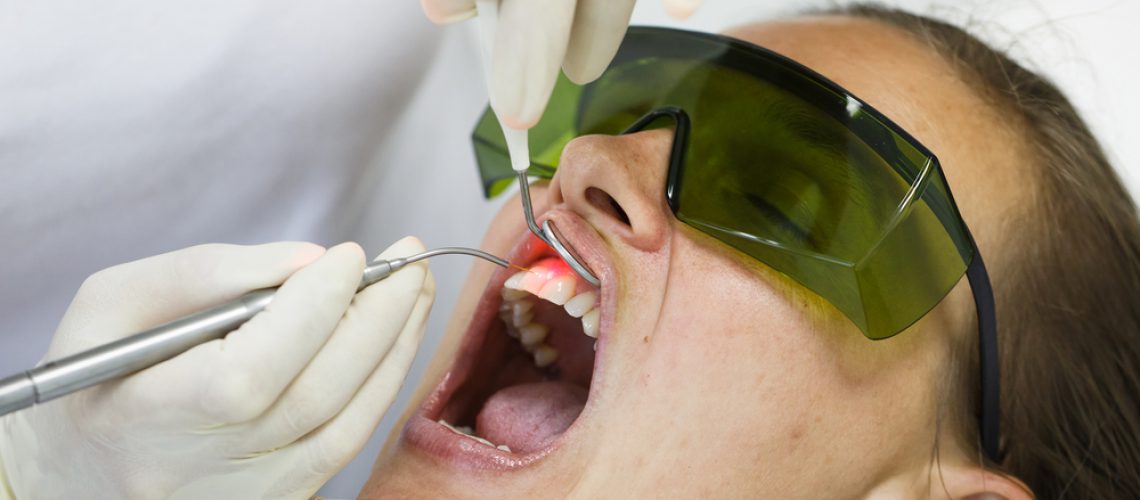If you have predisposed thoughts on who can get gum disease or periodontitis, throw them away. Gum diseases or periodontitis can attack anyone at any age. It is true that it is more prevalent in people over the age of 30 or 40, but even teenagers are prone to it.
Periodontitis is an infection of the gums, the tissues that support your teeth. If not treated in time, it can turn serious into a bigger disease. If it gets worst, the teeth might loosen up and fall out, and the bones and issues surrounding the gum could become damaged.
Gum disease can be hereditary, so certain people are more at risk of gum disease or periodontitis than others. The most common reason for gum diseases is bad maintenance of your oral health. Taking good care of your teeth, by brushing twice a day and flossing regularly may help prevent getting the disease. If you have braces, you should take extra good care to keep your teeth and gums clean. Eating well will also be a benefit because nutrients help the body fight infections. Even sleeping well and keeping yourself out of stress is as important as brushing your teeth when it comes to gum diseases.
Gum disease happens in stages which means many people might have it without even knowing. First there’s plaque that’s formed by bacteria along with mucus and other substances around the teeth. That’s why we need to brush regularly, to keep plaque off teeth and gums. If plaque is not treated in time, it hardens and becomes tarter, which is more harmful to the health of your mouth. Bacteria then attack the gums, making them inflame. The inflammation is called ‘gingivitis’. The gums swell and become red and can bleed at slight pressure. If it is not treated at this point, the infection causes the gums to loosen up, making the teeth fall out and can damage the tissue and bones surrounding the teeth.
To avoid gum disease and periodontitis, you should consult with your dentist as soon as you observe bleeding when you brush, your gums become more red, swollen or tender, you have continuous bad breath or when you lose a tooth. You should also tell your doctor of all the medicines you are taking because certain medicines can cause gum diseases.

